Lord of the Flies
William Golding’s Lord of the Flies is a haunting exploration of the thin line between civilization and savagery. Set on a remote island where a group of British boys are stranded, the novel offers a chilling microcosm of societal breakdown.
Golding masterfully peels back the layers of innocence to reveal the darker aspects of human nature. As the boys struggle to survive, the semblance of order they initially establish gradually deteriorates into chaos and violence. The characters, once civilized schoolboys, become increasingly primitive, their instincts taking precedence over reason.
Ralph, representing order and reason, clashes with Jack, the embodiment of primal urges and power-hungry ambition. Their conflict mirrors the eternal struggle between civilization and savagery. Piggy, the intellectual voice, serves as a tragic figure, highlighting the vulnerability of reason in the face of brute force.
The novel’s exploration of themes such as leadership, morality, and the loss of innocence is both profound and disturbing. Golding’s vivid prose and psychological acuity create a compelling narrative that lingers long after the final page.
Lord of the Flies is a cautionary tale that challenges our perceptions of human nature. It is a book that demands reflection and provokes thought-provoking discussions about the fragility of society and the potential for darkness within us all.
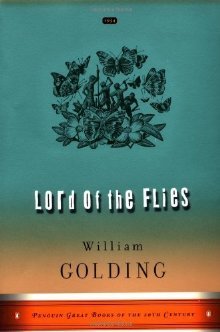
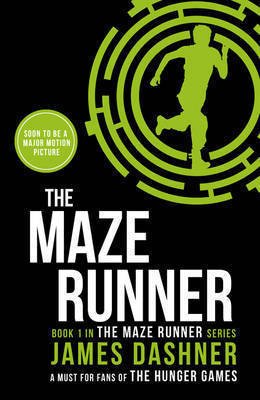
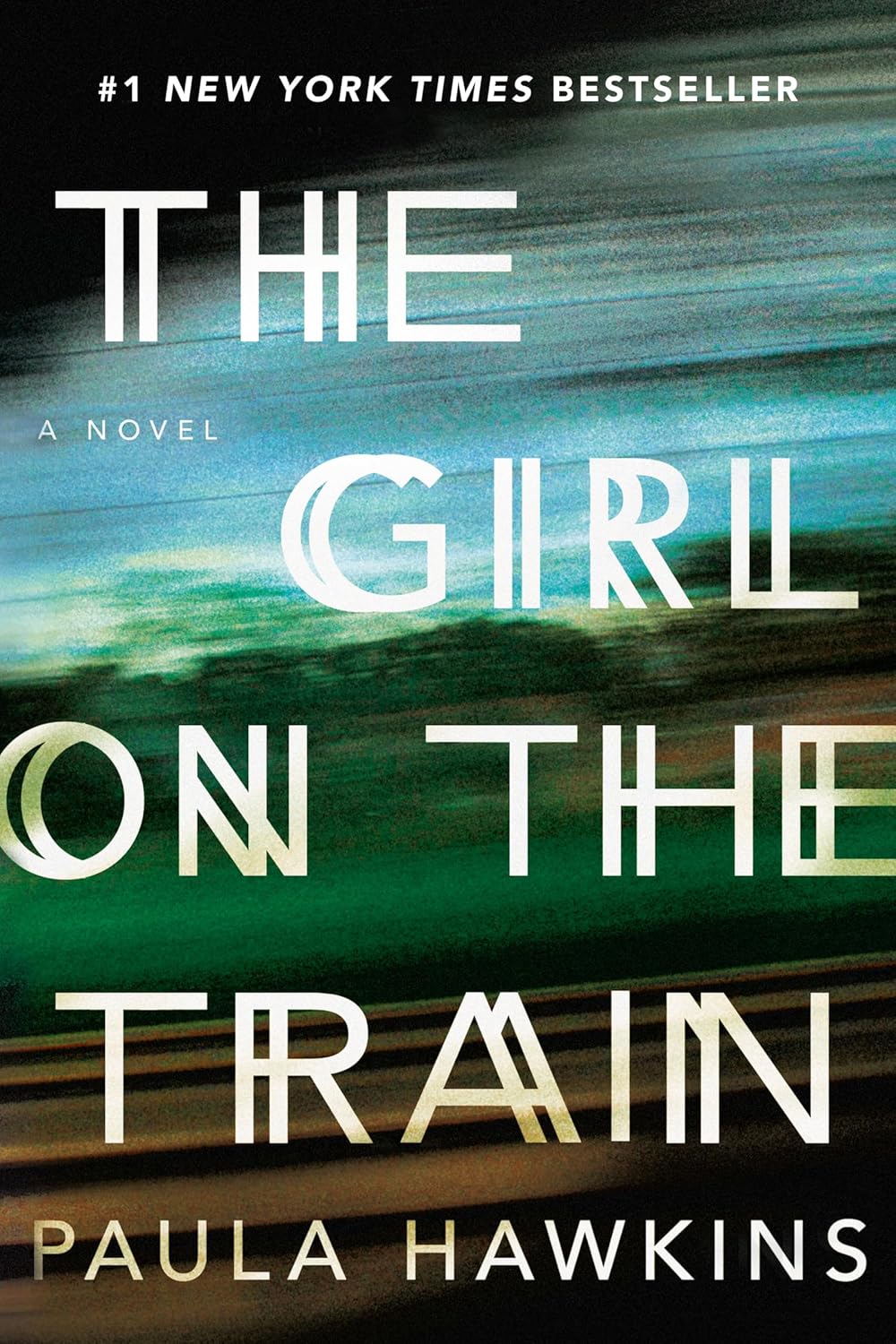
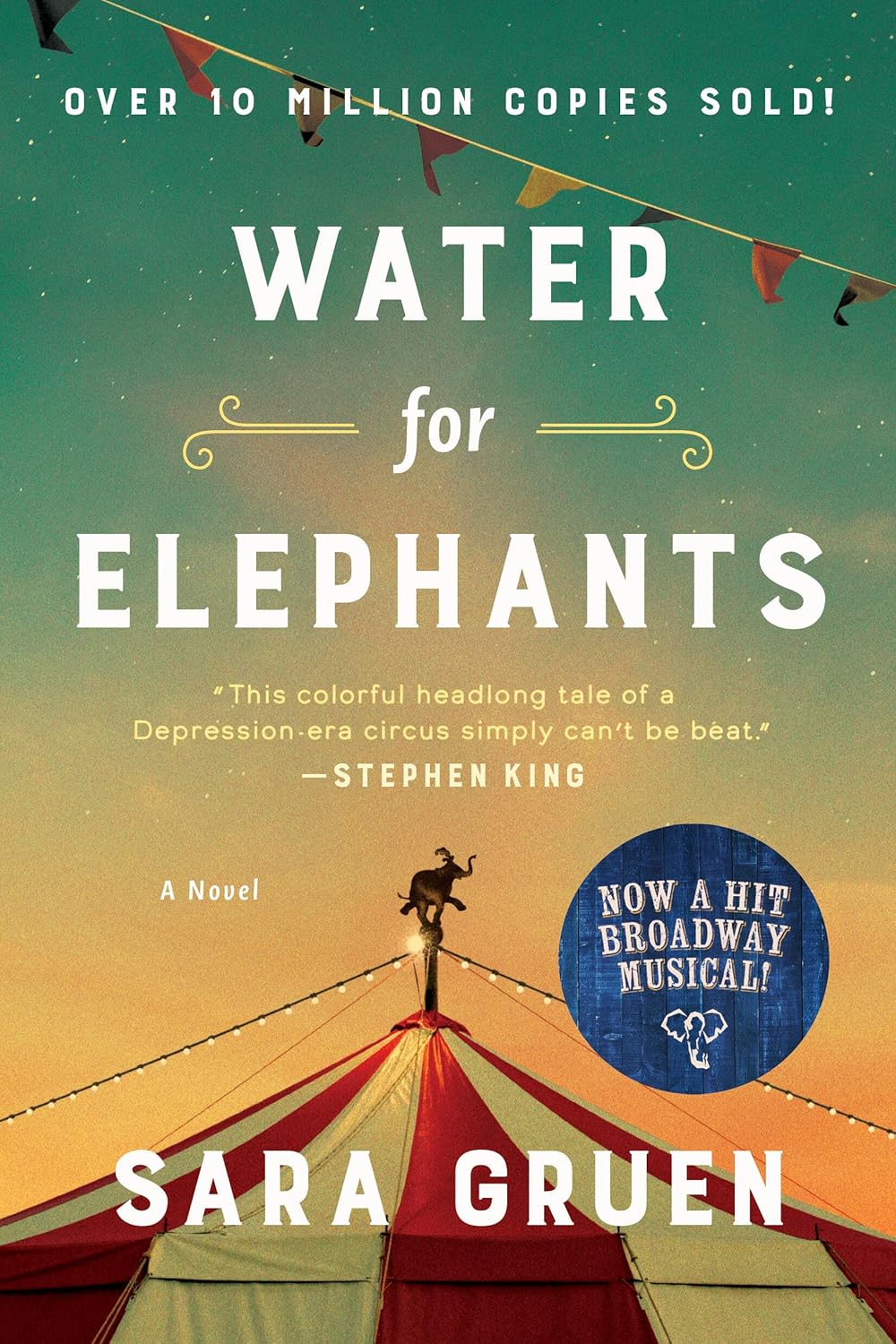
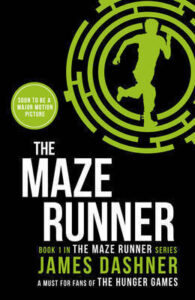

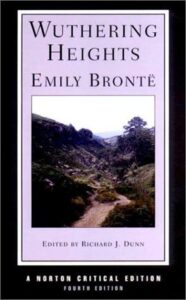
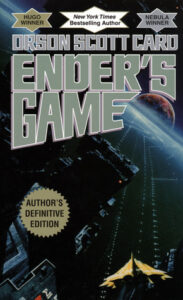

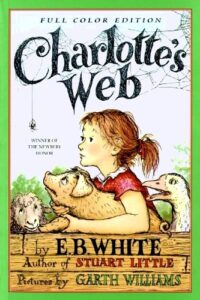
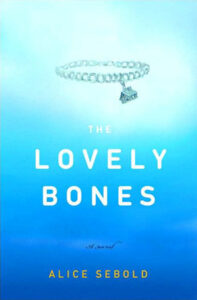
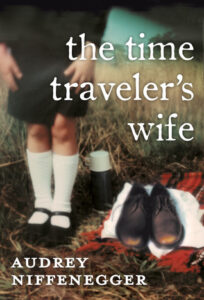

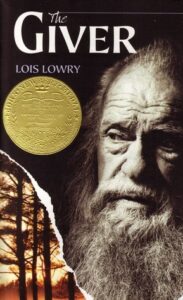
Post Comment